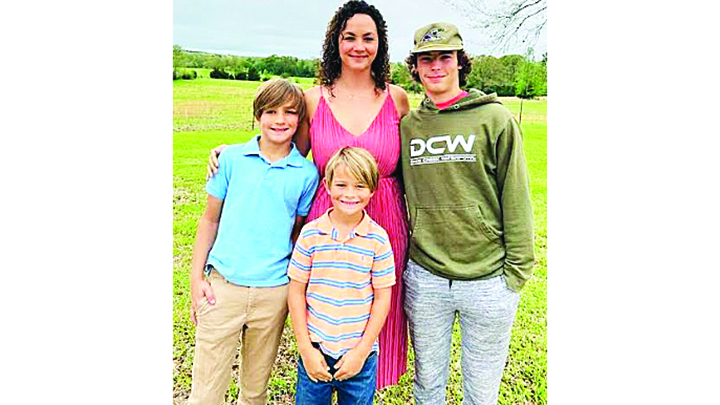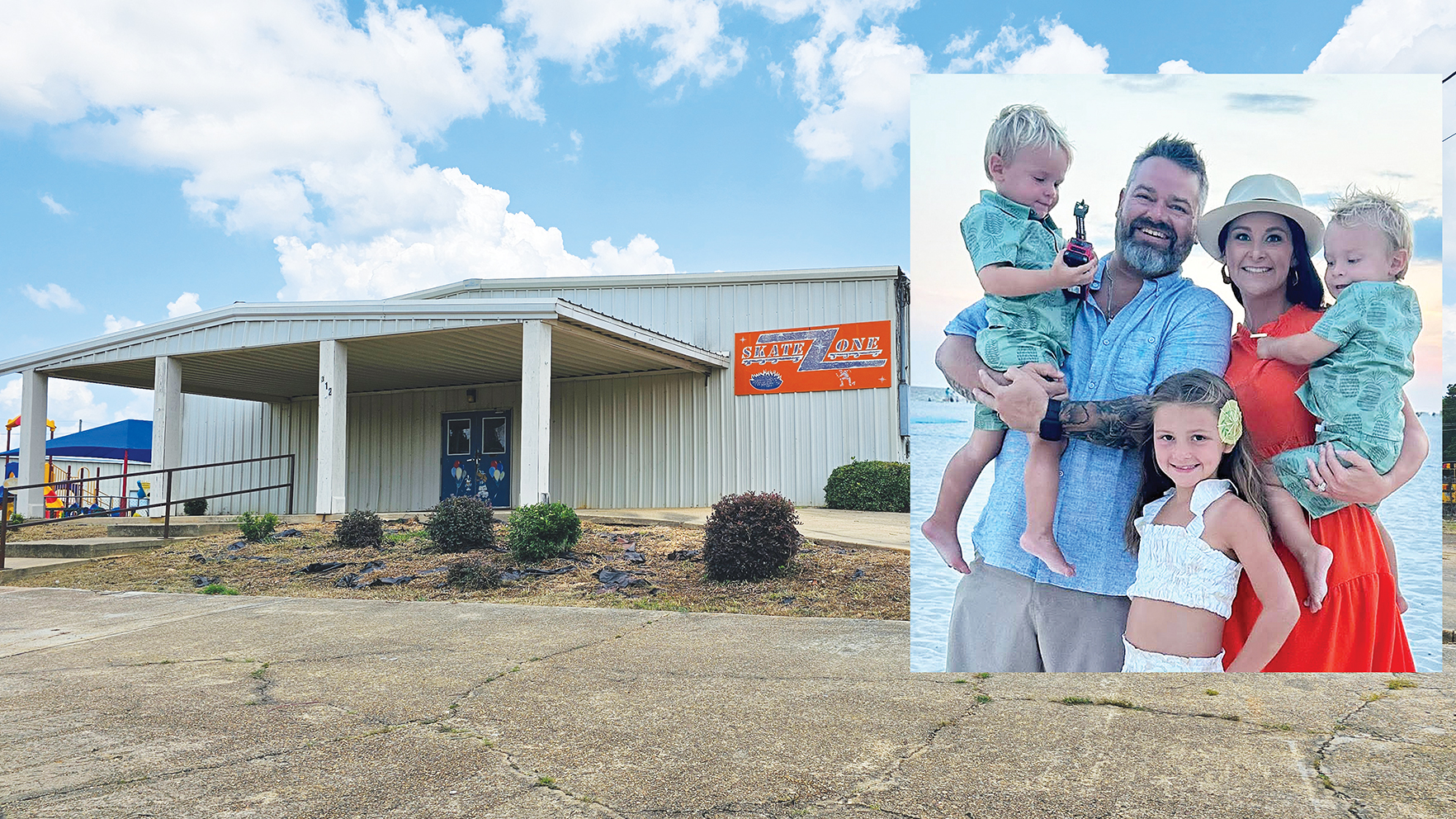Persisting In Tough Times
Published 6:00 pm Friday, June 24, 2011
For dairy farmers, times are tough. Over the last 15 years thenumber of Mississippi dairy farms has shrunk by more than half.
Dairy farmers in Lincoln County are hanging on, though.Lincoln County continues to rank second in the state in the numberof dairy farms.
Despite the difficulties Thursday was time to celebrateduring the annual Lincoln County Dairy Banquet when local dairyfarmers and their families gathered at the Lincoln County CivicCenter to eat and talk together. Country music played while thecrowd enjoyed a steak dinner.
Trending
Rebecca Bates, county director for the Lincoln CountyExtension Service, was instrumental to coordinating the banquet.She was pleased by the turnout.
“We just want to show our appreciation for these dairymen,”she said.
Lamar Adams, the Mississippi State University ExtensionService dairy specialist, provided a presentation on the currentstate of the dairy industry. Randy Knight, president of theMississippi Farm Bureau Federation, was the guest speaker.
Knight smiled and addressed the crowd as peers.
“I was born and raised on a diary farm. It’s the backboneof who I am,” Knight said.
Knight is from Pelahatchie, where he continues to live andoperate a dairy farm.
Trending
“I’m still a country boy,” Knight said. “I would not haveconsidered farm bureau president unless I was able to stay on myfarm.”
However, over the festivities, a dire outlook emerged.
“There are probably about 120 dairy farms in Mississippiright now,” Adams said. “We’ve lost a good many farms.”
In the early 1990s, more than 400 dairy farms operated inthe state. Since the mid-90s, that number has declined to itscurrent count.
Adams blamed the trend largely on economic instability.This includes highly variable milk prices and increasing cost ofmilk production.
Adams described the farms still operating as largely”homestead farms” that carry little debt.
According to statistics provided at the banquet, LincolnCounty is currently home to 15 dairy farms. Walthall, the onlycounty with more farms, has 21. Pike County comes in at fourth onthe list with nine farms.
Mississippi dairy farmers face a unique set ofdifficulties.
According to Adams, hay prices will be higher this year dueto flooding by the Mississippi River.
The state’s current drought conditions bring no good newsfor dairy farmers either. Even under normal conditionsMississippi’s grass is poor for dairy cows, a fact droughtexasperates.
Finally, as the weather gets warmer through the summer,cows will produce less milk.
There was no surprise then when Adams said that the declinein Mississippi dairies has been accompanied by a 60 percent declinein dairies across the Southeast.
“We need to take action to sustain the dairy industry inthe Southeast,” Adams said.
Knight described to the audience the value he sees infarming and why it must be sustained.
“No one cares more about the land than farmers. We’ve hadthe land passed on down to us, and we want to pass it on again.We’re going to take care of the land,” Knight said.





